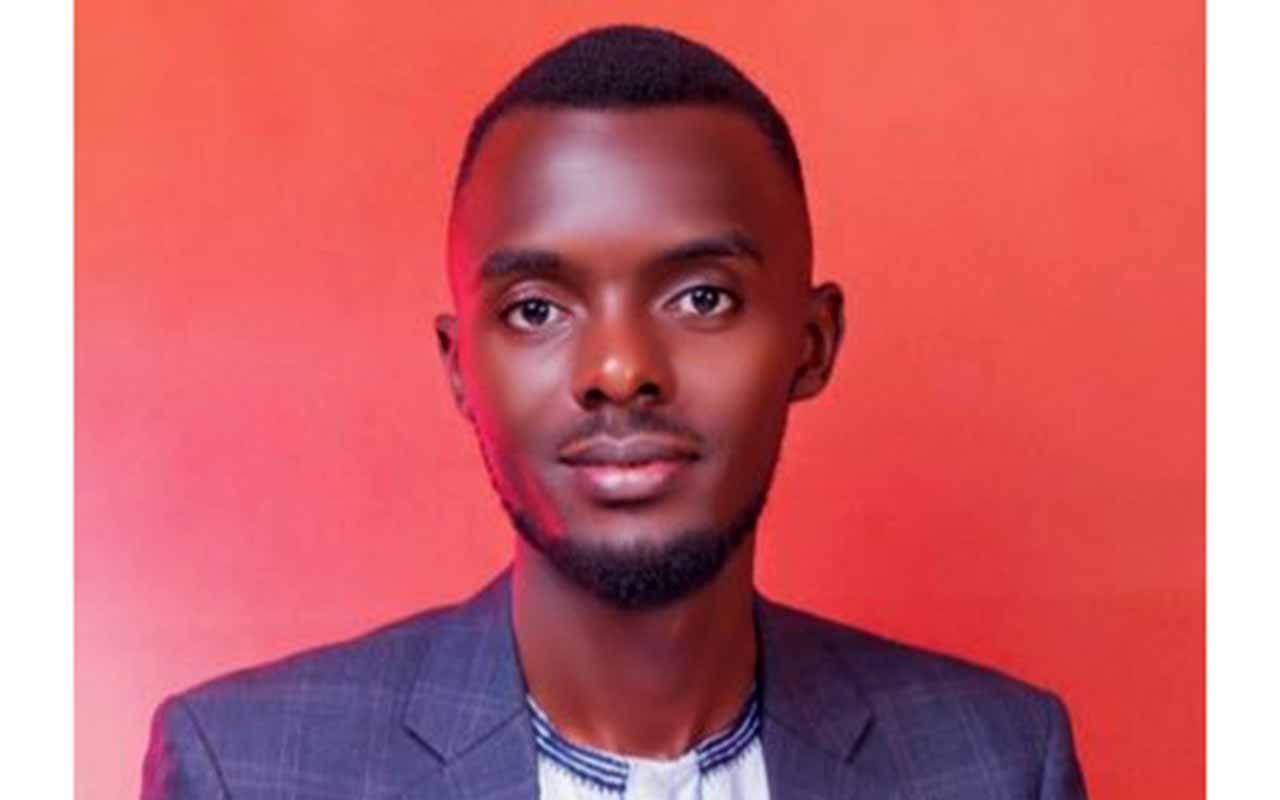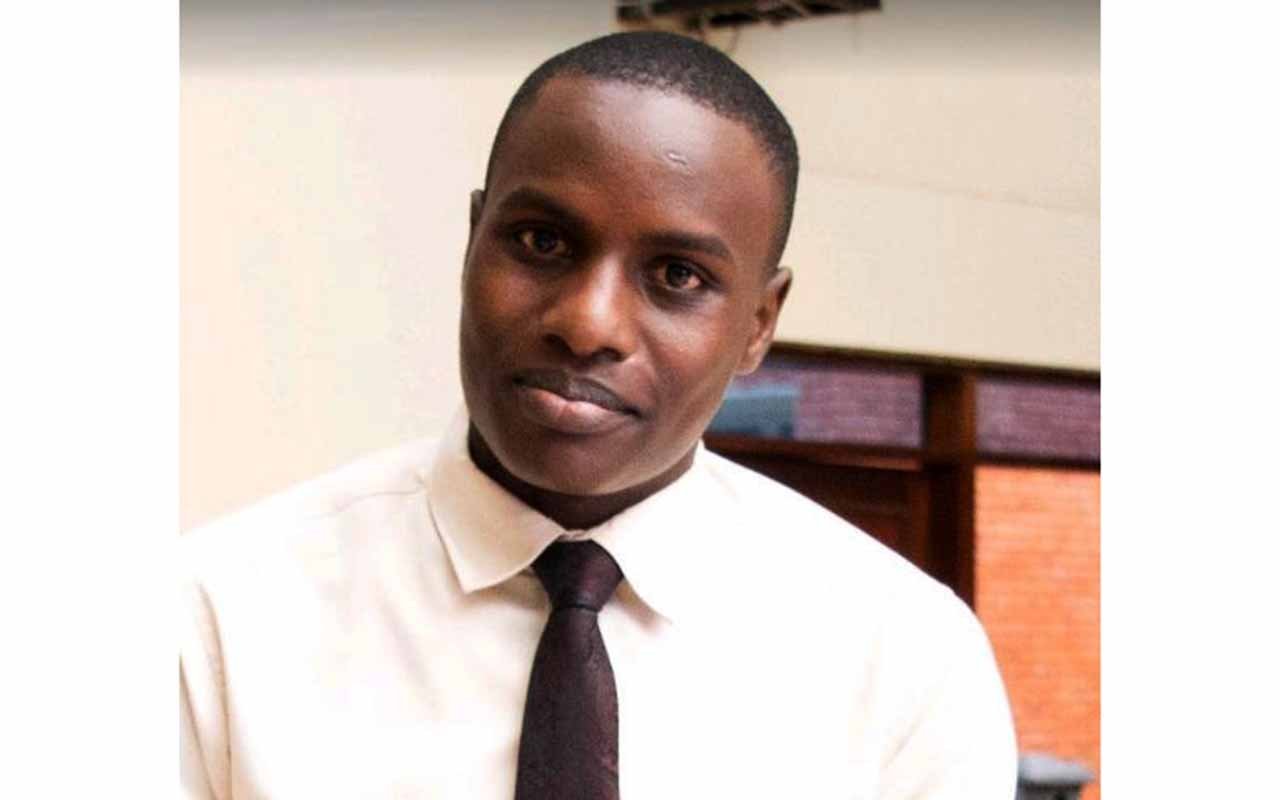
Benjamin Rukwengye
In the 2011 General Election, the Opposition in Uganda mooted the idea of fielding a joint presidential candidate. The argument was that instead of five people going up against an all-powerful incumbent and losing miserably, efforts should be consolidated in a single candidate who everyone should rally around.
If you are a keen follower of Uganda’s politics, you must have heard this proposal suggested at every election cycle. The closest it ever came to pass was in 2016, when there were similar and very advanced conversations under The Democratic Alliance, before the Opposition party Forum for Democratic Change pulled its candidate out of the arrangement.
Even then, it probably wouldn’t have worked because there were suspicions that a couple of principals involved were on President Museveni’s payroll. Back in 2011, Mr Norbert Mao, now a Minister in the Museveni government, had argued against a joint candidacy, reasoning that instead of having one headache, President Museveni needed to wake up with five headaches.
He went looking for ‘lakizhale’ (luxury) but if young people continue getting rounded up, tortured, some allegedly sodomised, and thrown in jail on frivolous grounds, for peacefully protesting against the scourge of corruption, he will end up with migraines.
There is no one way to solve a problem or win a war. You cannot predict whether fielding a single Opposition candidate will post better returns than having multiple candidates take their shots. In much the same way that there is no one way to win the fight against corruption because different people interact with government dysfunction in different ways.
When you have a country like Uganda, where the tax burden is too high in an economy that is not working for most, it is not enough to simply make proclamations or dismiss those who complain. Especially, if those who are crying out are the ones who put in the work to fill the basket from which the few are stealing.
Of course, there are efforts to get things working but from the looks of it, the economy will not open up as fast as it needs to create opportunities for the millions of young people who are coming of age. Neither will the greed of those who are in charge go down as dramatically and involuntarily as some seem to think.
So, it is inevitable that the discontent is going to heighten, the pressure will ‘crease’ and the headaches will turn into migraines. The traders have literally closed shop. It used to be that the government would sit it out and hope that the financial squeeze would force them to reopen on their own but after two years of deep dive experience from the Covid-19 lockdown, they are now a lot more resilient.
The medical interns go on strike every year, which should tell you all you need to know about the competencies of those in charge of their deployment and welfare. Very soon, they might be joined by their patients, who are the direct victims of the malfunction that continues to dog the health sector.
Which is where the anti-corruption protesters differ. They have made it clear that they are leaderless and publicly stated their demands. They don’t want anyone negotiating on their behalf or representing them. For President Museveni, this must present an interesting headache. He has no one to cajole, coopt, and buy off as is usually the practice.
For now, it is hard to tell how it will end – for both the dissatisfied citizens and the tone-deaf government.
President Museveni has a 40-year head start on everyone so he will likely be the victor in the short to mid-term. It is also unlikely that he will let himself get pushed to the point where he needs to sacrifice the Speaker of Parliament, Ms Anita Among.
If and when she goes, it will be on his terms and timing. Otherwise, that would expose and leave him vulnerable to similar treatment. Yet, it is clear that the problem is not just the Speaker and Parliament. Corruption pervades government and private sector contracting and hiring, processing of payments, policing, and access to justice.
It has morphed into a social vice that has consumed religious and cultural leaders, families, educational institutions, and inevitably, even the Opposition. But nobody is immune from the repercussions of a broken state whose only currency is corruption. And that is why everyone must do their bit using whatever means they choose.
Benjamin Rukwengye is the founder, Boundless Minds. @Rukwengye







